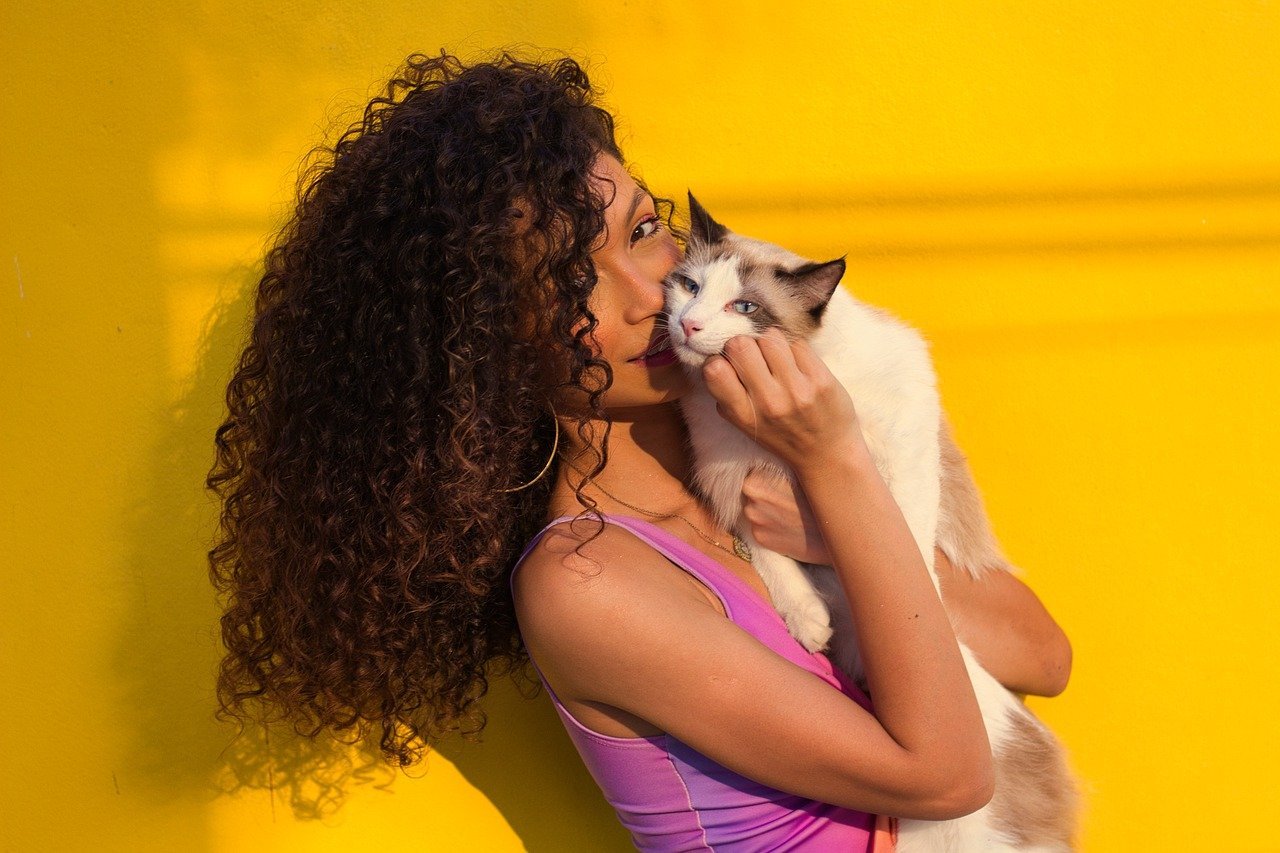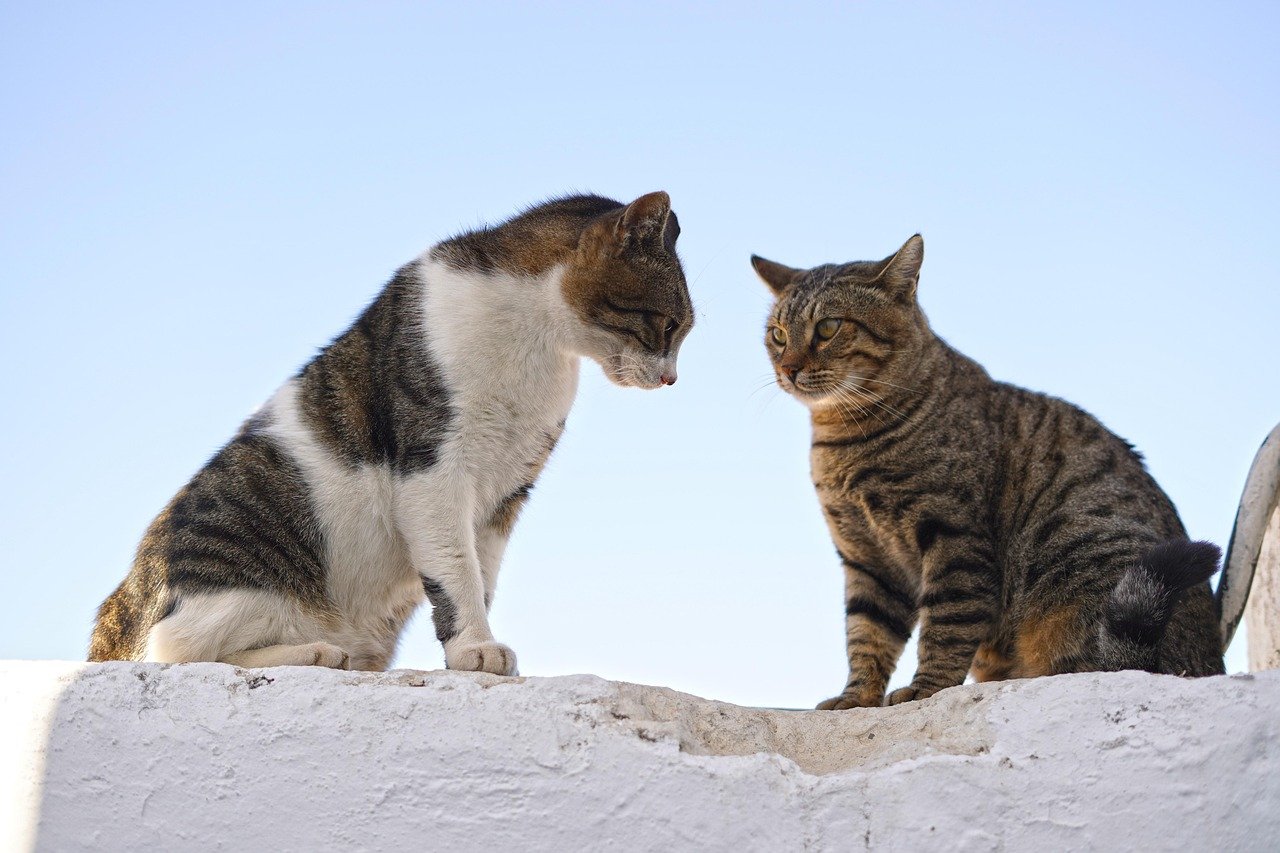Have you ever wondered why your cat seems to favor one member of your household over everyone else? Maybe your partner gets all the slow blinks and head bumps, while you’re left with a polite tail flick. It can feel a little baffling—sometimes even a bit unfair! But there’s real science behind this mysterious cat behavior, and it’s not just about who fills the food bowl. Understanding why cats pick their “person” can be both comforting and empowering, showing us how to deepen the bond with our whiskered companions. Let’s unravel the feline heart, one paw at a time.
The Early Days: How Kittenhood Shapes Attachment
A cat’s first relationships shape its entire view of the world. During those crucial first weeks, kittens bond with their mother and littermates, creating a blueprint for future attachments. If a kitten is handled gently by humans during this sensitive period (usually between two and nine weeks old), it learns to trust people and form strong, affectionate connections later in life.
Cats who miss out on early positive human contact may become shy or even fearful. However, that doesn’t mean the door to their heart is forever closed. With patience and kindness, even a wary adult cat can learn to love and choose a special human—though it may take more time and understanding. Just like us, their earliest experiences echo throughout their lives, influencing who they trust most.
Reading the Room: Cats Are Masters of Observation
Cats aren’t just cute fluffballs; they’re incredibly sharp observers. They watch how each person in the house moves, talks, and even how they react to stress. Your cat may gravitate toward the person who seems calmest, speaks softly, or moves in a gentle, predictable way. Loud voices and sudden gestures can be unsettling, so cats usually prefer those who offer a sense of safety.
It’s fascinating to see how quickly a cat can pick up on routines and moods. For instance, if you’re always the one who quietly reads on the couch, your cat might curl up next to you, finding comfort in your peaceful energy. Their choice isn’t random—cats are like little emotional barometers, seeking out stability in their environment.
Scent and Familiarity: The Invisible Bond

To a cat, scent is everything. Their world is painted with smells, many of which humans can’t even detect. Cats choose their favorite person partly based on scent. If you’ve ever had your cat knead your lap or rub their face against you, they’re marking you as part of their territory—a true sign of affection.
The more familiar your scent, the more secure your cat feels. Even swapping clothes with another family member can sometimes change how your cat interacts with you. Scent is a quiet but powerful language that tells your cat you’re safe, familiar, and worthy of trust. It’s a bit like an invisible hug that lingers long after you’ve left the room.
Consistency Wins Hearts: Trust Through Routine
Cats thrive on routine. The person who consistently feeds them, scoops the litter box, and offers playtime often becomes their chosen one. It’s not just about chores, though—it’s about reliability. If you’re always there at the same time each day, your cat starts to count on you, building a foundation of trust.
Even small daily rituals—like a good-morning scratch behind the ears or a bedtime treat—make a huge difference. These predictable actions reassure your cat that you’re dependable, which is especially comforting in a world that sometimes feels unpredictable. Over time, this consistency can turn into a deep, lasting bond.
Body Language: The Secret Conversation

Cats are experts at reading subtle cues, and they expect you to do the same. The way you approach, touch, and interact with your cat tells them a lot about whether you’re someone to love or avoid. Slow blinks, gentle petting, and calm movements signal that you’re a friend. On the other hand, staring, grabbing, or moving too fast can make even the friendliest feline back away.
Learning your cat’s personal “language”—like when they want space or when they crave attention—shows respect. As you tune into their needs, your cat feels more understood. This mutual understanding is the heart of feline affection, often turning you into their safe harbor.
Health Cues: When Favoritism Signals Something More
Sometimes, a cat’s preference for one person can hint at underlying health or behavioral issues. For example, if your cat suddenly clings to you and ignores everyone else, it might be feeling unwell or anxious. Cats often seek comfort from their trusted human when they’re stressed, in pain, or not quite themselves.
Pay close attention to changes in your cat’s social habits. Hesitation to approach others, hiding, or sudden clinginess can all be signs that something’s off. Addressing these cues early—by checking for illness or stressors—can help your cat feel safe and supported, strengthening your bond even more.
Building the Bond: How to Become Your Cat’s Person
If you’re not your cat’s favorite (yet), don’t despair! Building trust takes time, but it’s absolutely possible. Start by respecting their boundaries—let your cat come to you instead of forcing affection. Offer treats, gentle play, and quiet companionship to show you’re safe and patient.
Consistency is key. Try to be present at regular times for feeding, play, and snuggles, so your cat learns to rely on you. Pay attention to their favorite spots, toys, and routines, and participate in the activities they enjoy. Over time, these little gestures add up, making you an irresistible candidate for the coveted role of “chosen human.”
Real-World Stories: Tales of Feline Devotion
Every cat lover has a story about that magical moment when a cat chooses them. Maybe it’s the shy rescue who finally curled up on your lap after months of waiting, or the kitten who followed you from room to room like a fluffy shadow. These moments aren’t just heartwarming—they’re proof of the deep, personal relationships cats form with their humans.
Consider the story of Max, a tabby who ignored everyone but his owner’s teenage daughter. She spent months patiently sitting near him, reading aloud and letting him approach on his own terms. One day, Max climbed into her lap and purred contentedly—a small victory that felt like winning the feline lottery. It’s these personal victories that remind us just how special a cat’s love can be.





